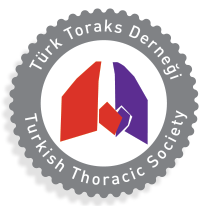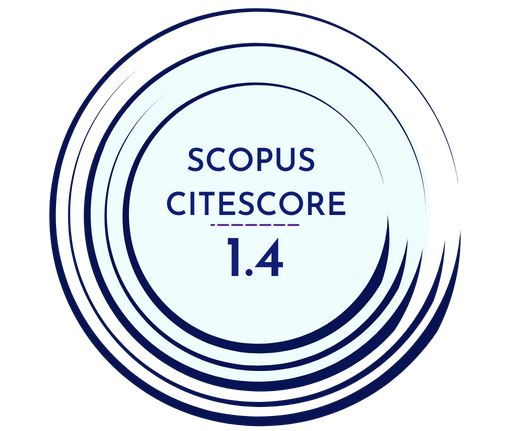Abstract
Sarcoidosis is a granulomatous disorder with unknown etiology and different hypotheses are used to explain the cause of the disease. We designed a prospective study in order to investigate the seroprevalance of Chlamydia pneumoniae and Helicobacter pylori infections in sarcoidosis. Thirty-three patients (8 males, 25 females, mean age 43.2±11.2) diagnosed as sarcoidosis by means of histopathological and clinical presentations and 17 healthy control subjects (6 males, 11 females, mean age 43.7±5.8) were enrolled in the study. Anti-Chlamydia pneumoniae IgG and anti-Helicobacter pylori IgG antibodies were investigated by microimmunofluorescence (MIF) and enzyme immunoassay (EIA), respectively. The fluorescence at 1/16 dilution for Chlamydia pneumoniae IgG antibodies and 20U/ml for Helicobacter pylori were accepted as positive. The Chi-square test was used for statistical analysis between groups. The anti-Chlamydia pneumoniae IgG was found positive in 26 patients (79%) with sarcoidosis and 12 control subjects (71%). The anti-Helicobacter pylori IgG was positive in 17 patients (52%) with sarcoidosis and 9 (53%) of the healthy controls. The differences were not statistically significant between sarcoidosis patients and controls for the positivity of Chlamydia pneumoniae IgG antibodies and Helicobacter pylori (c2=0.41and c2=0.0009, P>0.05 respectively). The study indicates that there is no sufficient evidence for a role of Chlamydia pneumoniae and Helicobacter pylori infections in the etiology of sarcoidosis.



.png)
